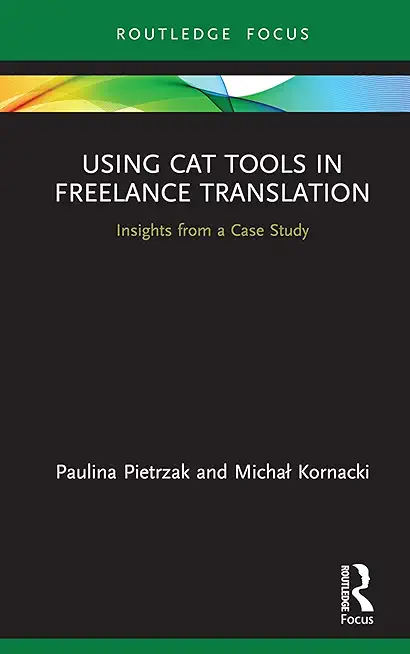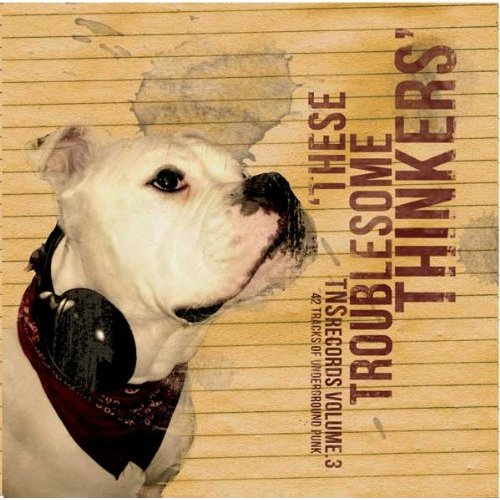
Pietrzak, Paulina
This book explores the impact of applying computer-assisted (CAT) tools in freelance translation toward better understanding translators' strategies, preferences, and challenges in using new technologies and identifying areas of enhancement in translator training.
The volume offers a brief overview of the latest developments in technology in translation, examining such issues as the effect on the translation process and the dynamics of the translator-technology interaction. Drawing on data from a study with active translators in Poland, Pietrzak and Kornacki examine the underlying factors underpinning translators' lack of engagement with these tools, including such issues as prevailing pre-conceptions around technology and limited knowledge hindering the most efficacious use of these resources and the subsequent impact on translator identity. Taken together, the book brings together these insights to help pinpoint freelance translators' needs more effectively and adapt training programmes accordingly.
The volume will be of interest to scholars in translation studies with an interest in process and technology as well as active translators.
member goods
listens & views

TNS 3: THESE TROUBLESOME THINKERS ...
by TNS 3: THESE TROUBLESOME THINKERS / VARIOUS
COMPACT DISCout of stock
$12.99






